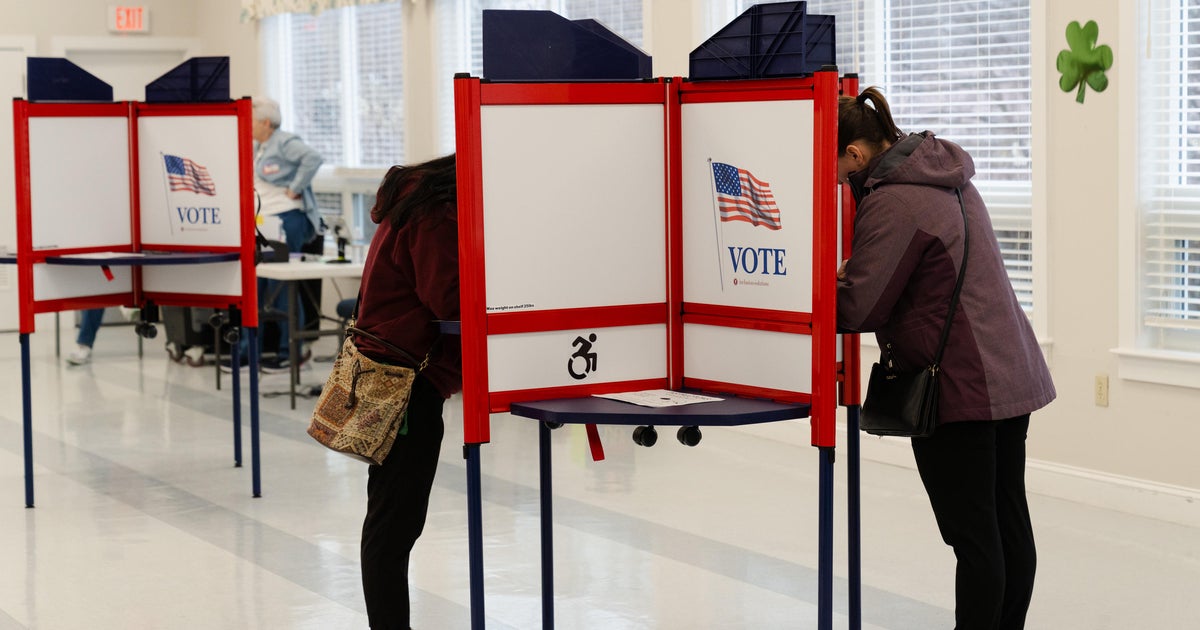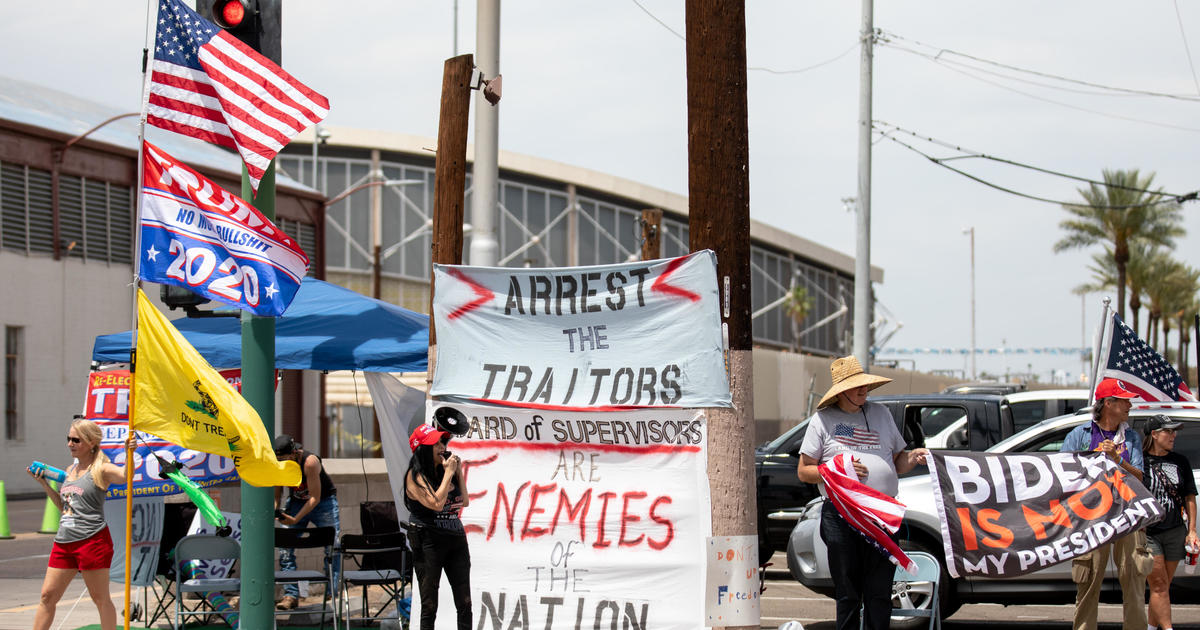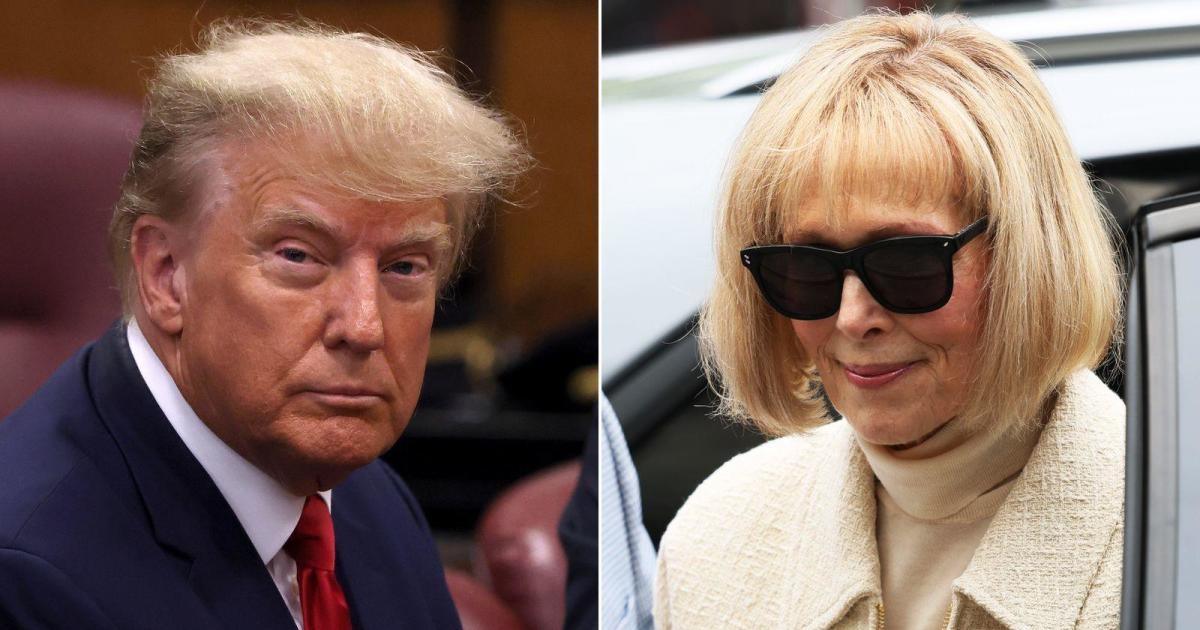Conflicts of interest: Donald Trump 2017 vs. Nelson Rockefeller 1974
As a lawyer for President-Elect Donald Trump outlined an arrangement Wednesday to purportedly separate Mr. Trump from his family business, she compared the questions surrounding the president-elect to those faced by Nelson Rockefeller, another business tycoon, when he was nominated to be vice president in 1974.
“The business empire built by President-Elect Trump over the years is massive, not dissimilar to the fortunes of Nelson Rockefeller when he became vice president,” said Sherri Dillon, a lawyer with the firm Morgan Lewis.
“At that time, no one was so concerned,” Dillon added.
That’s simply not true, though. An examination of the historical record reveals that policymakers in 1974 were very concerned about the possibility that Rockefeller’s vast holdings could present a conflict of interest – similar to the concern many are now voicing about Mr. Trump.
The way Rockefeller responded to the concerns, however, sets him apart from the current president-elect.
When Gerald Ford nominated Rockefeller after Watergate and the resignation of Richard Nixon, the would-be veep submitted to four months of intense hearings on Capitol Hill to assure lawmakers that he would serve the country’s interests, not his own. On September 22, 1974, Nevada Democrat and Rules Committee Chairman Sen. Cannon sat down with “Face the Nation” to discuss Rockefeller’s nomination and the questions his committee would pose to Rockefeller.
Contrary to Dillon’s claim that “no one was so concerned” about Rockefeller’s wealth, Cannon described the effort to prevent conflicts of interest as “one of the most serious problems” the Rules Committee faced.
“The conflict of interest statutes do not apply to the president or vice president,” he explained, “This is one of the big decisions that we’re going to have to air to the American public and let them decide whether a full disclosure is adequate to cover this problem.”
The chairman described the extensive investigative process lawmakers on his committee and others were spearheading to evaluate Rockefeller’s nomination. “I have personally reviewed over 2,000 pages of FBI reports,” he said. “They have had over 300 agents working on this and 37 field offices. We have had investigating staff of our own working. We have worked through the Comptroller General’s office to assist us. We have brought into play the Joint Committee on Internal Revenue and Taxation and their staff. We’ve had the Library of Congress do a great deal of work. We have reviewed Mr. Rockefeller’s activities during the 15 years that he served as governor of New York.”
Cannon also discussed several possible methods for Rockefeller to separate his job as vice president from his business interests. Correspondent Connie Chung asked Cannon, for example, why Rockefeller couldn’t simply put his assets in a “blind trust” to keep himself in the dark about his business dealings while he was in office.
Cannon explained that a “blind trust” simply wasn’t feasible, given the scope and public nature of Rockefeller’s assets. “I don’t see how putting shares of stock in a blind trust could relieve the individual from knowing he had those interests,” he said.
Cannon’s explanation echoed the one Dillon offered Wednesday. “You cannot have a totally blind trust with operating businesses. President Trump can’t un-know he owns Trump Tower. The press will make sure any new developments at the Trump Organization are well publicized,” Mr. Trump’s lawyer explained.
Cannon also said he advised Rockefeller to “make a full disclosure” of his financial holdings, and the V.P. nominee agreed to do so. “He has already furnished it to me, and he will furnish it in considerable detail to the committee and to the American public tomorrow,” he said.
That “full disclosure” occurred as promised, when Rockefeller released a dozen years of tax returns during his confirmation process. The returns ultimately provided enough transparency about Rockefeller’s assets that lawmakers decided not to require the nominee to place his holdings in a blind trust.
Mr. Trump, by contrast, has refused to release any tax returns, claiming he has been advised not to do so because he is under audit.
For more on the Trump transition and Congress’ approach to the incoming administration, tune into Face the Nation this Sunday. Check your local listings for airtimes.



